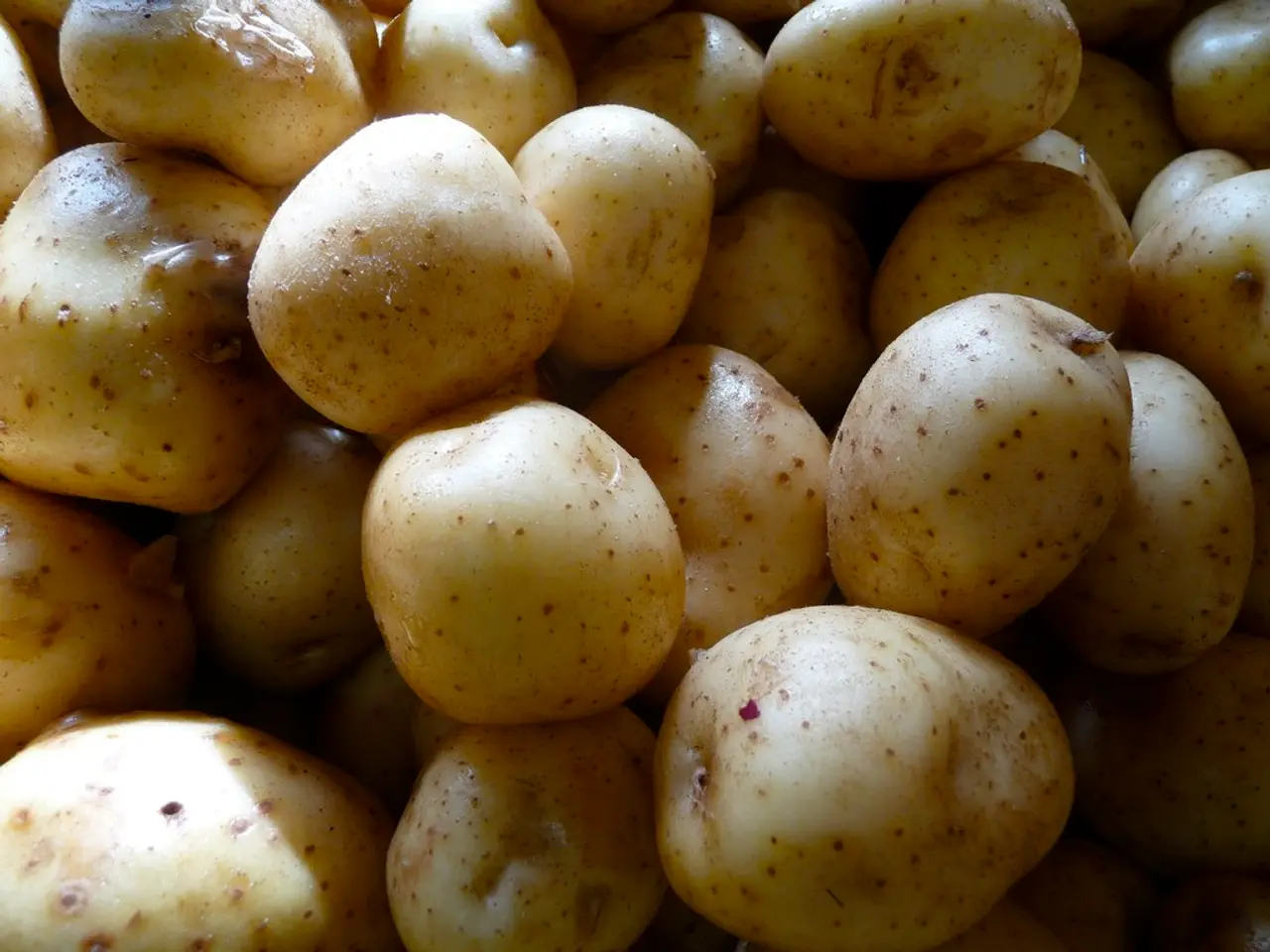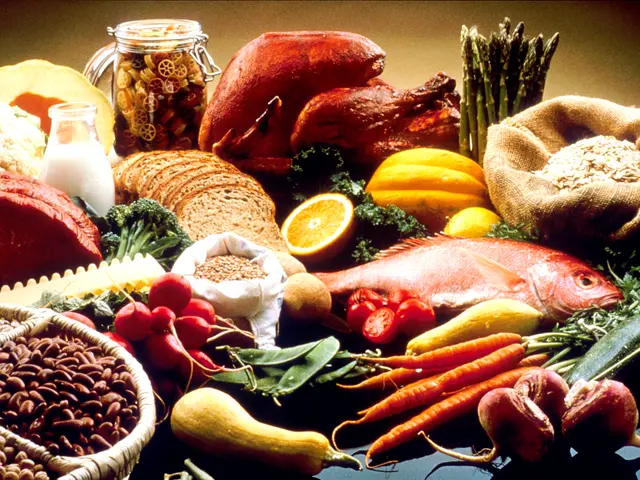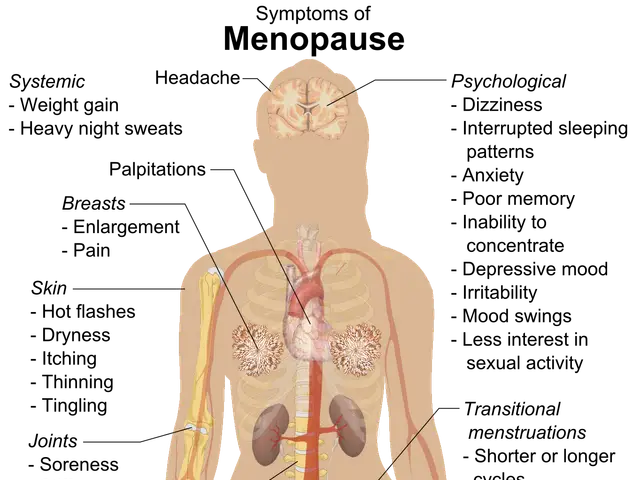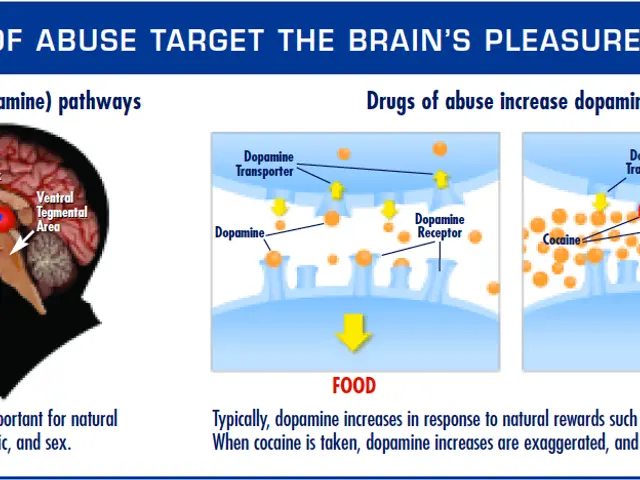Potatoes and Type 2 Diabetes: Breaking Down the Scientific Evidence
In a study published in the prestigious medical journal, the BMJ, researchers have found a link between the consumption of French fries and an increased risk of Type 2 diabetes. The study, conducted on 205,107 adults enrolled in three large-scale studies of healthcare professionals in the US, revealed that consuming three servings of French fries per week is associated with a 20% higher risk of developing the condition.
However, it's important to note that this study is observational, so no firm conclusions can be drawn about cause and effect regarding the link between potato intake and Type 2 diabetes. Dietitian Dr Ruth Boocock of Teeside University cautions that the results may not be generalizable to other populations, as the cohort was composed mainly of healthcare workers with European ancestry.
The increased risk appears to be linked to the frying and processing of potatoes, rather than potatoes themselves. French fries are typically deep-fried at high temperatures in refined oils and may contain added sugars or salt, which contribute to their classification as "ultra-processed foods". This processing and cooking method can affect blood sugar regulation, gut health, and inflammation, factors linked to higher Type 2 diabetes risk.
In contrast, boiled, baked, or mashed potatoes retain more natural characteristics of the food, with no heavy processing or excessive added fats, which appears to mitigate potential risk increases. Replacing potatoes, especially French fries, with whole grains (e.g., whole grain bread, pasta, farro) may further reduce the risk of Type 2 diabetes, suggesting healthier carbohydrate choices influence risk.
The study's corresponding author, Walter Willett, emphasises that small changes in diet can have an important impact on the risk of Type 2 diabetes. Seyed Mohammad Mousavi, the lead author of the study, states that the conversation is shifting from whether potatoes are good or bad to a more nuanced question about how they are prepared and what might be eaten instead.
Cristóbal Morales, a specialist in endocrinology and nutrition at Vithas Sevilla Hospital, explains that while the study cannot prove causality, it provides evidence that supports current recommendations to prioritise whole grains and limit fried foods. The message of the study is similar to what nutrition scientists often say: prioritise minimally processed foods and aim for a balanced diet without too much emphasis on one food group.
It's worth noting that obesity is one of the risk factors for Type 2 diabetes, but not the only one. The study recorded a total of 22,299 diagnoses of Type 2 diabetes during almost 40 years of follow-up.
In summary, the increased risk is linked to the frying and processing of potatoes, not to potatoes themselves, highlighting how cooking methods shape their impact on Type 2 diabetes risk. Daniel B Ibsen and Yanbo Zhang, in an accompanying editorial, emphasise that potatoes are an environmentally sustainable crop and should remain in diets, with whole grains as a priority.
So, while eating multiple servings of fries per week is likely not a great idea for overall health, switching to a different cooking method of potatoes might offset some health risks if one is particularly concerned about Type 2 diabetes.
- The study published in the BMJ highlights the association between the consumption of French fries and an increased risk of Type 2 diabetes.
- Researchers found that three servings of French fries per week are linked to a 20% higher risk of developing chronic diseases like Type 2 diabetes.
- The link between potato intake and Type 2 diabetes may not be definitive, as the study is observational, not causational.
- The increased risk in Type 2 diabetes appears to be due to the frying and processing methods of potatoes, not the potatoes themselves.
- Replacing French fries with whole grains, such as whole grain bread or pasta, may further reduce the risk of Type 2 diabetes and support healthier carbohydrate choices.
- The study encourages a more nuanced approach to understanding the impact of food on health, focusing on cooking methods and balanced dietary choices rather than labeling foods 'good' or 'bad'.





